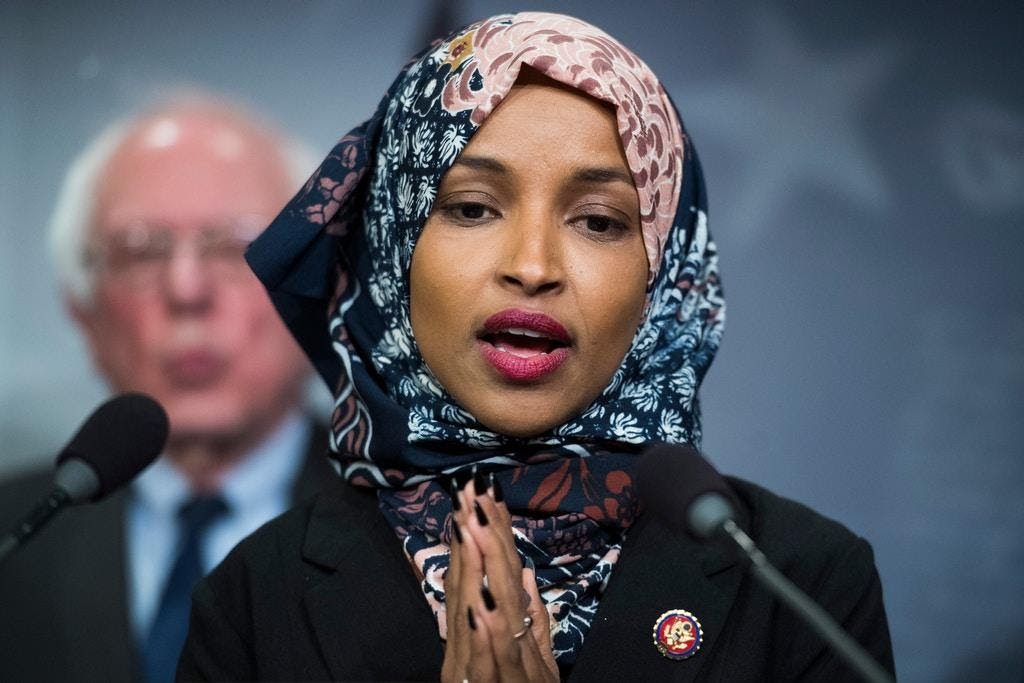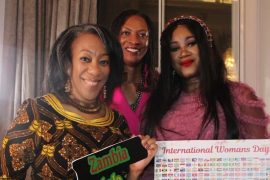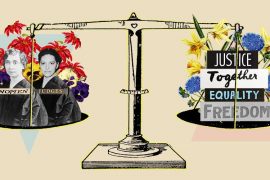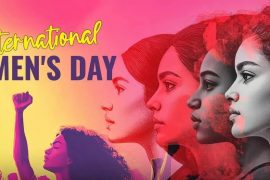Miracle Nwankwo
“I would have loved to have heard a story like mine. I could have used it as an inspiration to get by. The lesson is to be hopeful, to dream and to aspire for more.’’ Ilhan Omar.
Young Ilhan Omar and her family fled Somalia to Kenya in 1991 during the civil war. While militiamen planned to attack their home at midnight they were advised by older female relatives to escape safely. Omar left with her family, shortly after, she recounted walking through streets scattered with debris and corpses.
The family settled in the Utango camp, near the Kenyan coastal city of Mombasa for four years. They were among the first displaced persons to reach the Utango camp, which had just opened. Refugees were kept in tents or makeshift huts before the facility was closed, in about 1996.
While in the camp Omar collects firewood and water for her family, and watched other kids going to school in uniforms. She remembers asking her father if she could resume her education.
The camp was isolated and rudimentary with inadequate provisions and sanitation, as such there were situations of deaths as a result of malaria.
Gratefully, Omar and her family moved to the United States when she was 12 under a resettlement programme.
The family arrived New York in 1992, secured asylum in the U.S. in 1995 and lived for a while in Arlington, Virginia, before going to settle in Minneapolis. Her father started working as a taxi driver and later got a job at the post office.
Omar lost her mother when she was 2 years old, so she was raised by her father and grandfather. Her father and grandfather emphasized the importance of democracy during her upbringing, and at age 14 she accompanied her grandfather to caucus meetings, serving as his interpreter.
She also had her share of racism. Back in Virginia Omar was bullied in school as a result of her distinctive Somali appearance and wearing of the hijab. Several times, gum was pressed into her hijab and she was being pushed down stairs. In response to these actions her father will always say “They are doing something to you because they feel threatened in some way by your existence.”
Whatever has a beginning also has an end.
Omar gained U.S. citizenship in 2000 and she was 17 years old.
She attended Edison High School. While in school she volunteered as a student organizer. In 2011 she graduated with a bachelor’s degree from North Dakota State University majoring in political science and international studies. She was a Policy Fellow at the University of Minnesota’s Humphrey School of Public Affairs.
She started her professional career at the University of Minnesota as a community nutrition educator between 2006 to 2009 in the Greater Minneapolis–Saint Paul area. She served as campaign manager for Kari Dziedzic’s re-election campaign for the Minnesota State Senate, in 2012. She served as a child nutrition outreach coordinator at the Minnesota Department of Education, between 2012 and 2013.
Omar managed Andrew Johnson’s campaign for Minneapolis City Council, in 2013. After Andrew Johnson won the election and was elected, she was appointed as his Senior Policy Aide from 2013 to 2015.
However, there was a contentious precinct caucus that turned violent in February 2014, and Omar was attacked by five people and was injured. The day before the caucus, Minneapolis city council member, Abdi Warsame had told Johnson to warn Omar not to attend the meeting, Minn Post reported.
Omar was the Director of Policy Initiatives of the Women Organizing Women Network, September 2015. While in that capacity, she advocated for women from East Africa to take on civic and political leadership roles. In September 2018, Jeff Cirillo of Roll Call called her a “progressive rising star.”
Omar ran on the Democratic–Farmer–Labor (DFL) ticket for the Minnesota House of Representatives District 60B, in 2016, which includes part of northeast Minneapolis. She defeated Mohamud Noor and incumbent Phyllis Kahn in the DFL primary, on August 9. She faced Republican nominee Abdimalik Askar, who was her chief opponent in the general election and another activist in the Somali American community. However, Askar announced his withdrawal from the campaign in late August and in November Omar won the general election, becoming the first Somali American legislator in the United States. Her term began on January 3, 2017. A journey she scaled upwards till date.
She currently serves as the U.S. Representative for Minnesota’s 5th congressional district, giving hope to other young people whose stories are similar to hers.





Comments are closed.